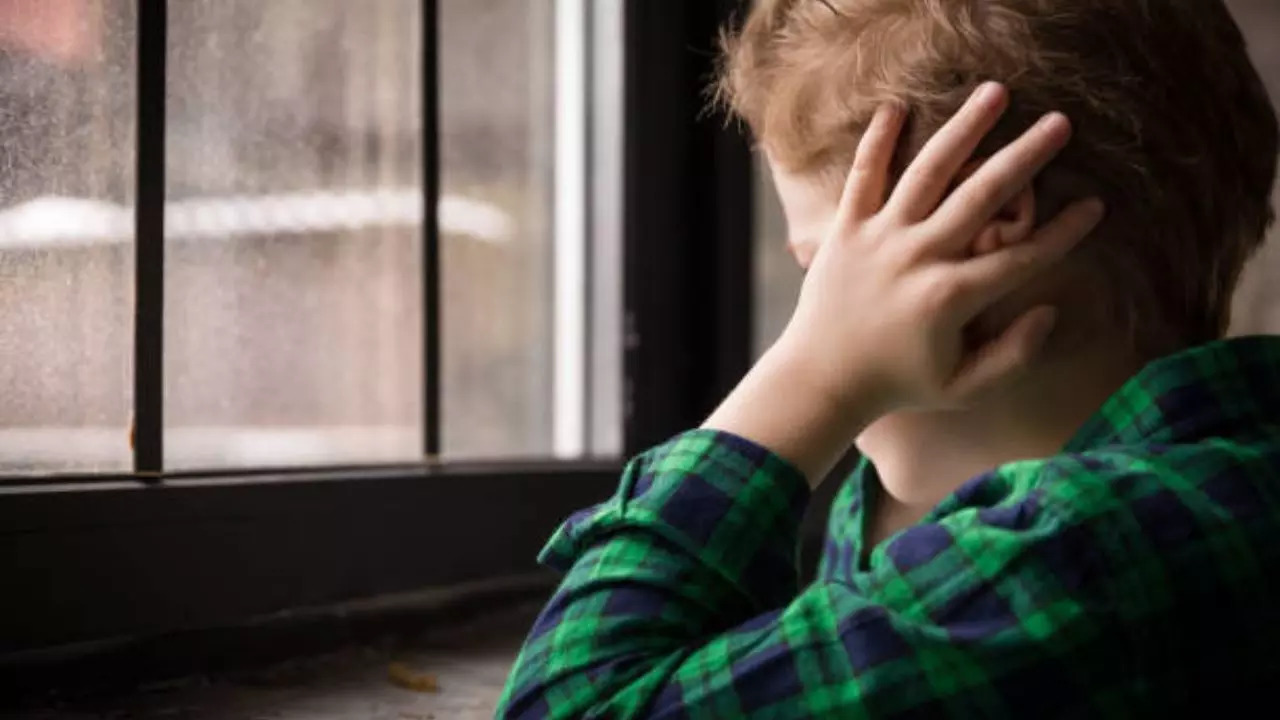Painful and disturbing events that happened in your childhood can lead to poor mental health, deterioration in social habits, emotional isolation, and scarring.
Any type of trauma in the first years of life, whether from abusive parents, drug addiction, or armed violence – its consequences would reverberate until the end of life, according to a new study. According to research from the University of California, San Francisco, painful and disturbing events that happened in childhood can lead to poor mental health, as well as deterioration in social habits, emotional isolation and scarring.
“We found that early life trauma in particular, especially physical abuse by parents, was strongly related to pain, loneliness and depressive symptoms at the end of life,” said Dr. Ashwin Kotwal , lead author of the study from the University of California, San Francisco. Francisco and the San Francisco VA Medical Center explained in a press release.
What did the study find?
Dr. Kotwal documented figures and details from a study that followed about 6,500 Americans over the age of 50, who died between 2006 and 2020, at an average age of 78 years.
Participants in the research, which was published in the Journal of the American Geriatrics Society, had to complete questionnaires about their experiences with eleven traumatic events and their psychosocial well-being and were interviewed every two years until they died. A final interview with a family member or friend with power of attorney gave them the end of their days.
Researchers said two of the five participants experienced trauma during childhood, including exposure to drug and alcohol abuse, as well as getting into trouble with the law.
What is the most common childhood trauma??
According to the study, the most common childhood trauma, the potential source of lifelong distress, was falling behind a grade in school. Aside from that, a life-threatening and life-threatening illness in a spouse or child was the second most common cause of upsetting and disruptive events across the lifespan. Over their lifetime, at least eight to ten participants reported experiencing at least one trauma, while one in three experienced at least three.
Trauma “gets under the skin,” said Dr. Kate Duchowny, an author of the study from the Institute for Social Research at the University of Michigan. “We know that trauma is associated with depression and anxiety, which can promote a pro-inflammatory environment associated with chronic diseases,” he said. “If stress is persistent, it can lead to inflammation and adverse health consequences later in life,” he added.
According to the researchers, those without any trauma had it easier towards the end of their lives. Their chance of suffering from depression at the end of life was 24 percent, compared to 40 percent for those who had experienced five or more traumatic events.
The trauma-free group was also less likely to feel lonely or in pain when dying: They were 12 percent likely to feel lonely and 46 percent likely to be in moderate to severe pain, compared to 22 percent and 60 percent. percent for those who had experienced five or more traumatic events.
“What this tells us as providers is that we need to view the patient’s needs through a trauma lens,” said Kotwal, who is certified in palliative and geriatric care. “Near the end of their lives, people may experience ‘total pain’: pain that can be spiritual and psychological, as well as pain from physical sources. Lifelong trauma can shape that total experience of pain.”
How can you heal from childhood trauma??
According to mental health experts, for those living with the emotional and psychological consequences of a traumatic childhood, there is always a positive way and hope to look forward to. Some ways you can decrease pain include:
- Recognize and recognize the trauma for what it is so that it doesn’t continue to haunt you all the time.
- Try to regain control over your feeling of helplessness, which if you continue to harbor can make you feel scared.
- Seek support from a professional and do not isolate yourself or distance yourself from others
- Take care of your physical and mental health by learning techniques to deal with stress
- Be patient with yourself
Disclaimer:
The information contained in this post is for general information purposes only. We make no representations or warranties of any kind, express or implied, about the completeness, accuracy, reliability, suitability or availability with respect to the website or the information, products, services, or related graphics contained on the post for any purpose.
We respect the intellectual property rights of content creators. If you are the owner of any material featured on our website and have concerns about its use, please contact us. We are committed to addressing any copyright issues promptly and will remove any material within 2 days of receiving a request from the rightful owner.

